Over the past three months, Syria has experienced critical developments. While tensions among local groups have escalated in the prolonged war environment, the positions of international actors are also being reshaped. However, amid this complex landscape, one significant aspect stands out: The principled stance that Türkiye has maintained from the beginning is becoming increasingly important. Türkiye’s efforts in humanitarian aid, infrastructure reconstruction and cultural diplomacy have been well received by the local population. Through cross-border operations and diplomatic engagements, Türkiye has demonstrated that its policy is not solely driven by its own interests but also by a genuine concern for the future of the region’s people. At this juncture, Türkiye finds itself at a rare historical crossroads.
Concrete steps in Syria
While theoretical frameworks provide valuable perspectives on nation-building and cultural reconstruction, Türkiye has already taken concrete steps in Syria. The Turkish government has undertaken significant initiatives to restore critical infrastructure, invest in transportation and stimulate economic revival.
The Turkish Ministry of Transport and Infrastructure has launched an action plan to repair and reconstruct Syria’s airports, bridges, roads and railways. In line with these efforts, Türkiye started the renovation of Damascus International Airport, which was severely damaged during the war. A 25-member technical team from Türkiye’s State Airports Directorate (DHMI) has been deployed to enhance security, restore critical infrastructure and train local personnel. These improvements aim to make the airport fully operational, facilitating regional connectivity and economic recovery. Additionally, the reviving of the historic Hejaz Railway, which once connected Istanbul to Mecca, is among the proposed projects under consideration.
Turkish construction and cement companies such as Limak, Bursa Çimento and Oyak Çimento are preparing to play a crucial role in Syria’s reconstruction process. These firms anticipate significant investment opportunities, particularly in the cement, steel and construction sectors.
Türkiye has also expressed its readiness to assist in rebuilding Syria’s energy infrastructure and has hinted at potential partnerships in oil and hydrocarbon exploration, similar to past agreements made with Libya. Furthermore, the reopening of Turkish-Syrian trade routes aims to restore and enhance economic ties between the two nations, fostering long-term regional stability and economic growth.
Cultural reconstruction
Türkiye’s commitment to Syria extends beyond economic and infrastructural development. Institutions such as the Turkish Cooperation and Coordination Agency (TIKA), the Yunus Emre Institute and the Turkish Maarif Foundation are actively engaged in educational and cultural initiatives across Syria. These organizations are leading efforts to rebuild schools, restore historical sites and promote cultural integration through various educational programs.
As one of Türkiye’s key actors in development aid, TIKA has been carrying out a broad range of projects in war-torn Syria, focusing on education, health care, infrastructure and the preservation of cultural heritage. The agency has reactivated its office in Syria, accelerating its fieldwork and taking significant steps, particularly in the restoration of historical structures. TIKA has been working to restore mosques, madrassas, caravanserais and other historical sites across Syria to safeguard cultural heritage for future generations. Additionally, the agency is strengthening the region’s educational infrastructure by repairing schools and providing essential equipment to support learning environments. Beyond physical reconstruction, TIKA’s initiatives contribute to social development by improving access to agriculture, health care and vocational training, ultimately enhancing the economic and social well-being of local communities.
Expanding its educational and cultural activities in Syria, the Yunus Emre Institute has continued to offer hope to the local population. In 2023, the institute established a representation office in al-Bab, one of Syria’s secure regions, where it began organizing Turkish language courses and cultural events. Additionally, it hosted a panel discussion titled “Values Unite: Yunus Emre’s Perspective on Humanity,” bringing together regional academic and administrative leaders to emphasize the shared heritage and integration of Turkish and Arab cultures. With recent developments in Syria over the past three months, the expansion of Yunus Emre Institute’s activities will undoubtedly further strengthen cultural interaction in the region. These efforts go beyond mere language education and cultural events, enhancing social cohesion among local communities and contributing to long-term peace and stability in the region.
Lastly, the Turkish Maarif Foundation, one of Türkiye’s most influential educational institutions, is recognized internationally for its high-impact projects. Operating in over 50 countries, the foundation manages hundreds of schools and education centers, providing quality education to thousands of students. In Syria’s reconstruction process, its role is of vital importance for the future of the region. By integrating war-affected generations back into the educational system, the foundation holds the potential to restore social stability through education. Projects aimed at fostering multicultural harmony and social integration will enable Syrian youth to reconnect with society and build their future through education.
Damascus reborn
Türkiye’s involvement in Syria extends beyond rebuilding efforts – it reflects a comprehensive approach to fostering long-term regional stability and cultural integration. By combining infrastructure restoration, economic revitalization and cultural renewal, Türkiye is not only contributing to regional stability but also holds the potential to establish a model for multicultural unity in the broader Middle Eastern landscape. However, beyond material reconstruction, Türkiye’s role in reviving Syria’s social and cultural fabric will be a decisive factor in shaping the region’s future.
On this road, there is tremendous potential for new projects and the city of Damascus can be a cultural hub for the future with Türkiye’s leading guidance and investments. The city has a special place as one of the intellectual and spiritual centers of the Islamic world. As the capital of the Umayyads, it served as a crucial meeting point not only for Muslims but also for various religious communities with its madrassas, mosques and rich cultural heritage. Today, the prospect of Damascus reclaiming its role as a cultural and academic center with Türkiye’s contributions can represent a crucial step toward rebuilding regional peace and stability. With Türkiye’s support, Damascus can once again emerge as a hub of knowledge and arts in the Islamic world. Notably, Türkiye’s involvement in reconstructing the Hejaz Railway could significantly enhance cultural and economic interactions, reconnecting Damascus with Mecca and Medina. Under Türkiye’s leadership, its revival as a cultural capital could herald a new golden age in the Islamic world.
Initiatives in education, historical preservation, and economic development indicate that Türkiye is positioning itself as not just a strategic actor but also as a cultural bridge between civilizations. If these efforts are sustained and expanded, they could pave the way for a renewed era of cooperation, intercultural dialogue, and sustainable peace in Syria and beyond.

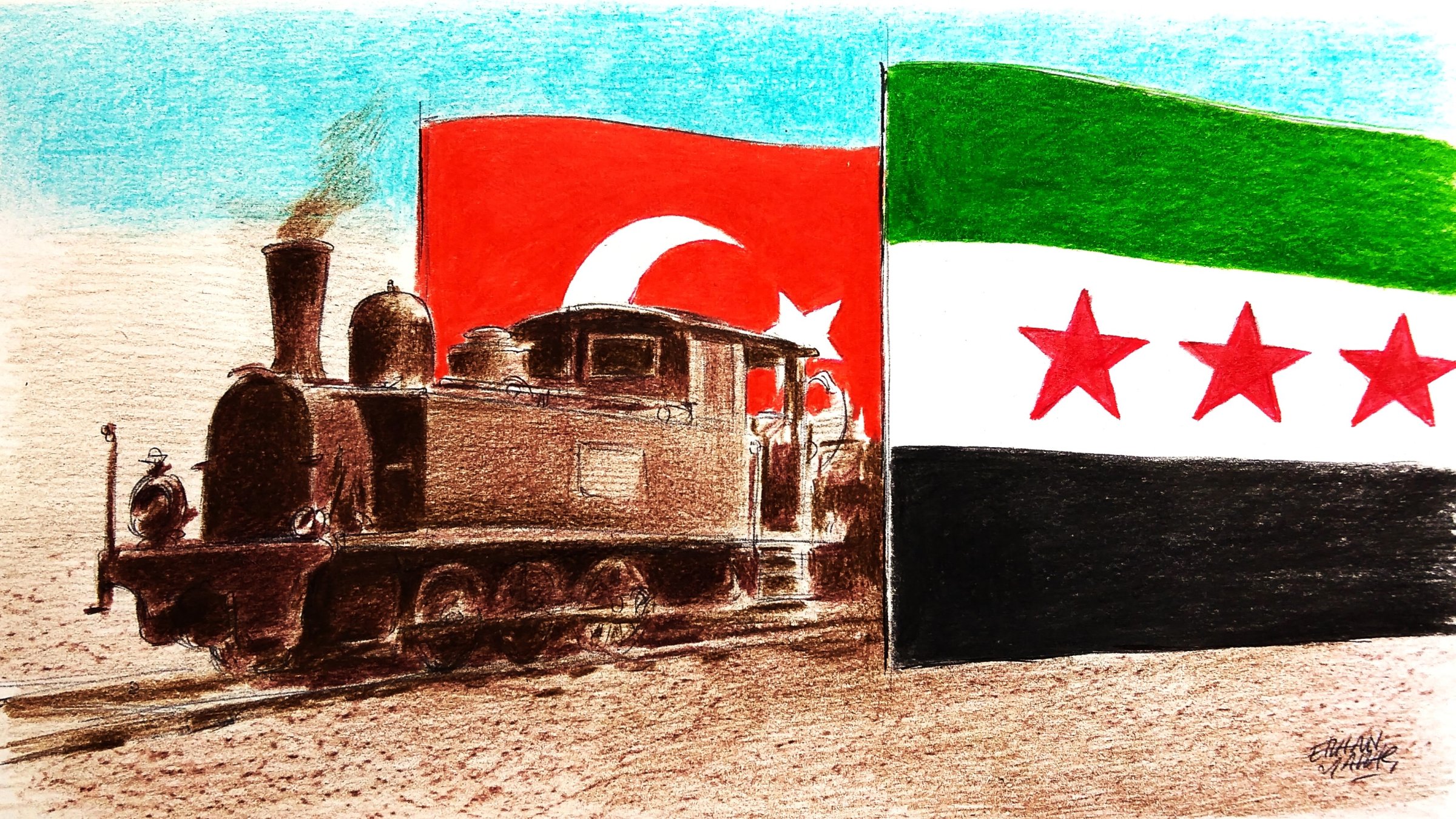



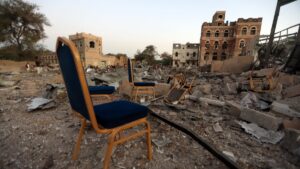
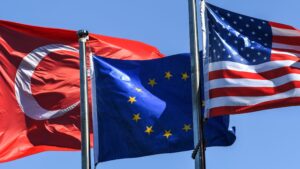
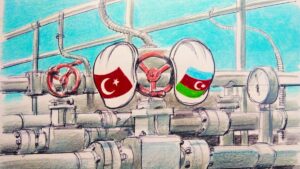

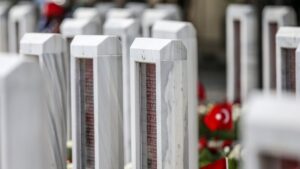
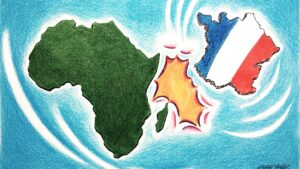


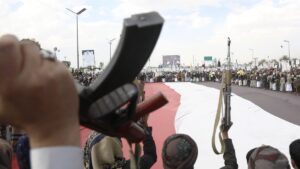

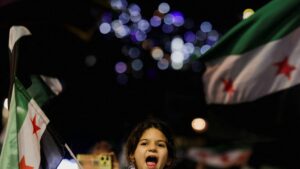



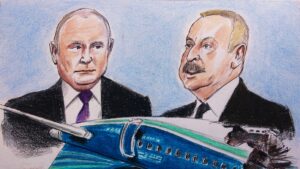
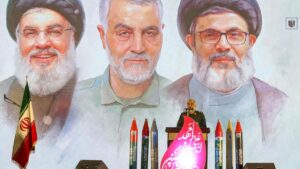

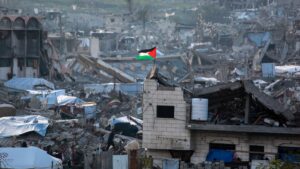
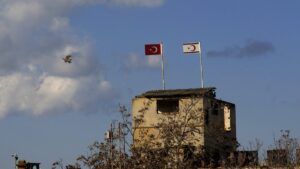

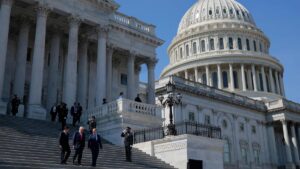


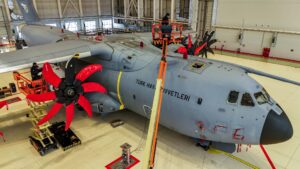
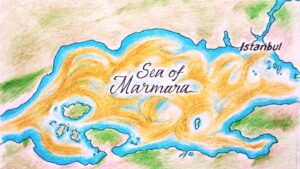
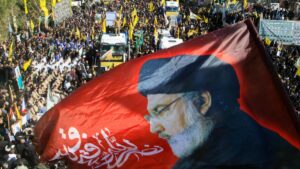

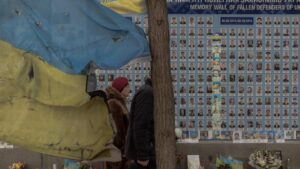
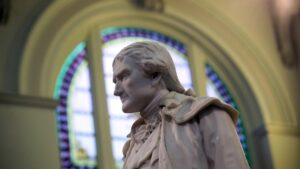
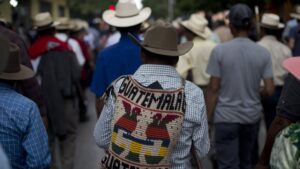
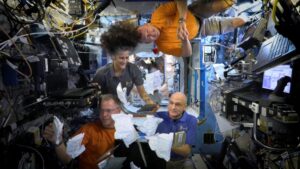

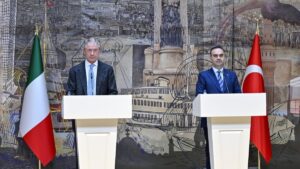
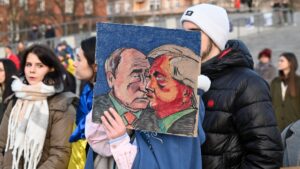

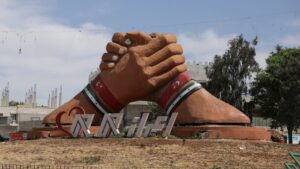
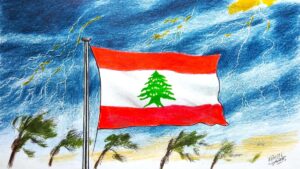
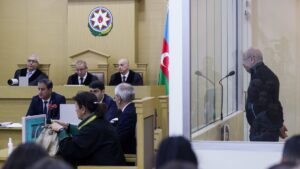

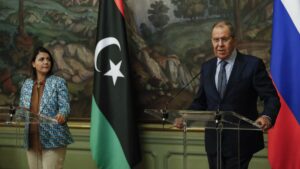
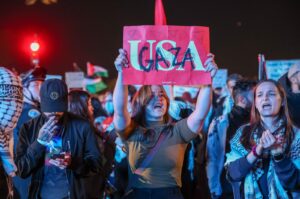
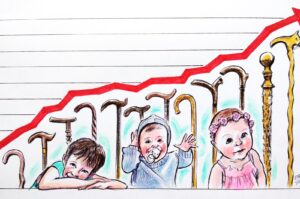


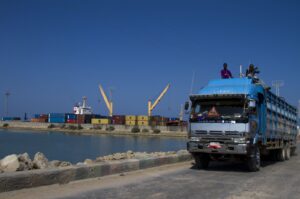
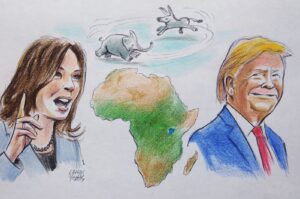

Be First to Comment